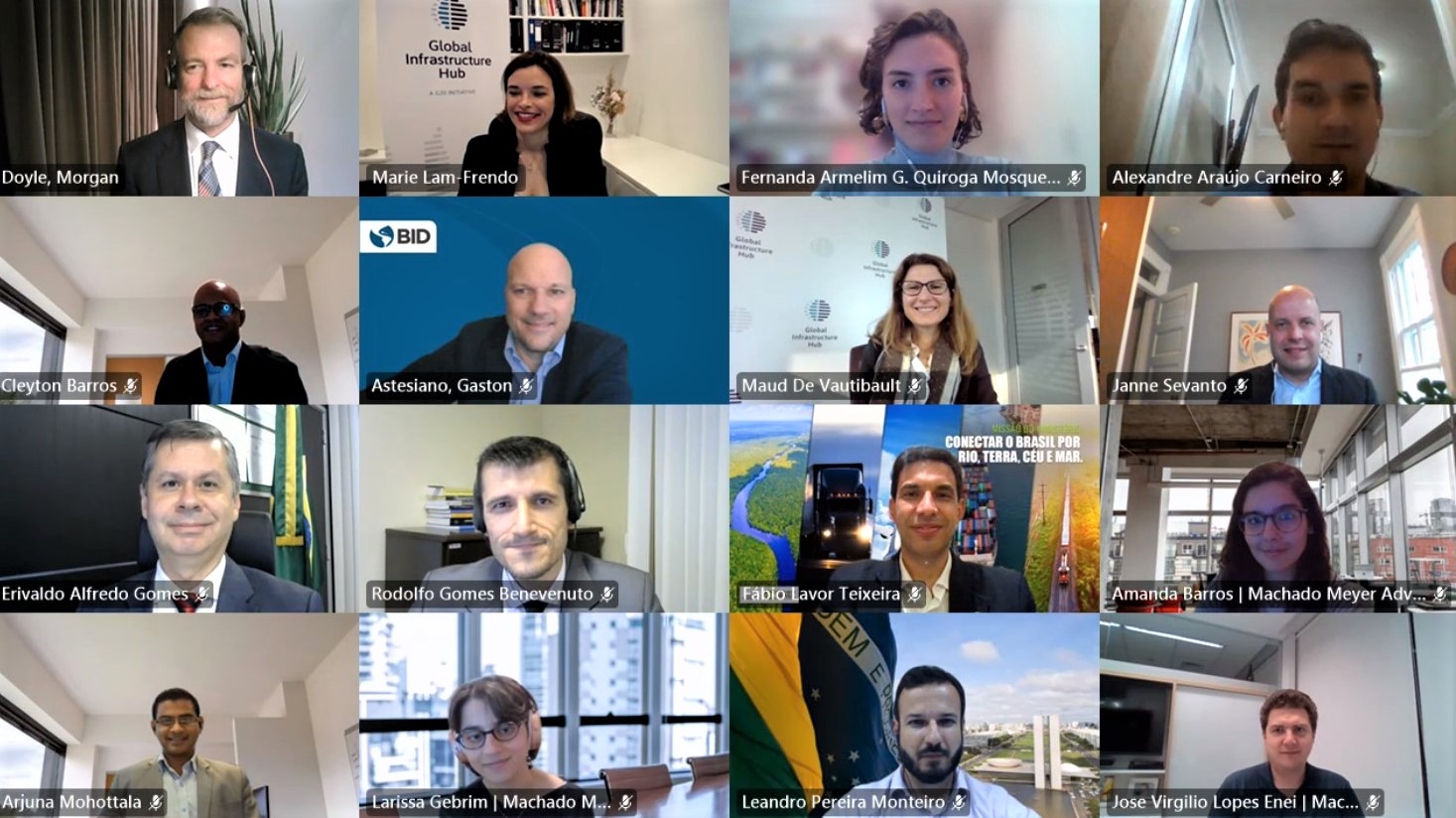928 results found
Featured results



More results
Belo Horizonte faced a shortage of school buildings and only had the resources to meet approximately 35% of demand. A bundling public-private partnership (PPP) approach was used to finance, build, and equip new schools, with non-academic services operated under a PPP with a 20-year concession period.
This benchmarking documents provides a preliminary analysis of infrastructure performance in Lesotho in four major sectors against the relevant group of comparator countries using a new World Bank international data base with objective and perception-based indicators of infrastructure performance from over 200 countries, this document outlines the deficiences in Lesotho in infrastructure.

Benchmarking Public Procurement provides comparable data on regulatory environments that affect the ability of private companies to do business with governments in 180 economies.

This report evaluates recent developments regarding public-private partnerships (PPPs) in Latin America, with particular emphasis on innovative schemes for financing large-scale projects combining private efforts and public backing.

This report evaluates recent developments regarding public-private partnerships (PPPs) in Latin America.

This brief outlines how better crash data can be used to improve road safety

The New Climate Economy explores how countries at all levels of income can have better economic growth and a better climate.

The current energy crisis underscores the urgency to scale up green infrastructure investment.
Achieving the United Nations Sustainable Development Goals will require massive investment in developing countries. Blended finance, which combines concessional public funds with commercial funds, can be a powerful means to direct more commercial finance toward impactful investments that are unable to proceed on strictly commercial terms
One Planet Summit reports on how blended finance can help scale up climate and nature investments.


Focused on the electricity system, BloombergNEF s (BNEF s) New Energy Outlook (NEO) combines the expertise of over 65 market and technology specialists in 12 countries to provide a unique view of how the market will evolve. Each year BNEF makes a number of changes to NEO as they strive to improve the completeness and complexity of their analysis. Click on the link to BNEF s website to see the 10 key findings.


GI Hub held the third of its 2017 Regional PPP Risk Allocation Workshops in Bogotá, Colombia, on 9 November 2017, with various public sector representatives from across Central and South America as well as multilateral organisations operating in the region.
One of the primary responsibilities of governments the world over is to provide public services to their citizens, including through infrastructure projects. However, governments are often faced with limited resources, constraining their ability to finance and deliver infrastructure on their own. Thus, it is often necessary to invite a private sector party to jointly provide the services in partnership with the public sector.
This report was produced by an expert panel tasked with independent review of multilateral development banks’ capital adequacy frameworks. This panel was convened by the G20 to provide benchmarks to evaluate MDB capital adequacy frameworks and to enable stakeholders to develop a consistent understanding and consider potential adaptations to maximise MDBs' funding capacity.

Brazil is positioned to attract more private sector investment into infrastructure and to bring further bankable projects to market following an 18-month engagement program between the Global Infrastructure Hub (GI Hub) and the Brazilian Government.
Brazil's regulatory environment supports the creation of businesses and provides a high level of protection for insolvency. This promotes competition between suppliers which, coupled with a resilient financial sector, helps to attract capital supply for infrastructure projects.

BCG has identified a series of best practices that underlie successful PPPs.





 Regulatory treatment of infrastructure as an asset class
Regulatory treatment of infrastructure as an asset class








